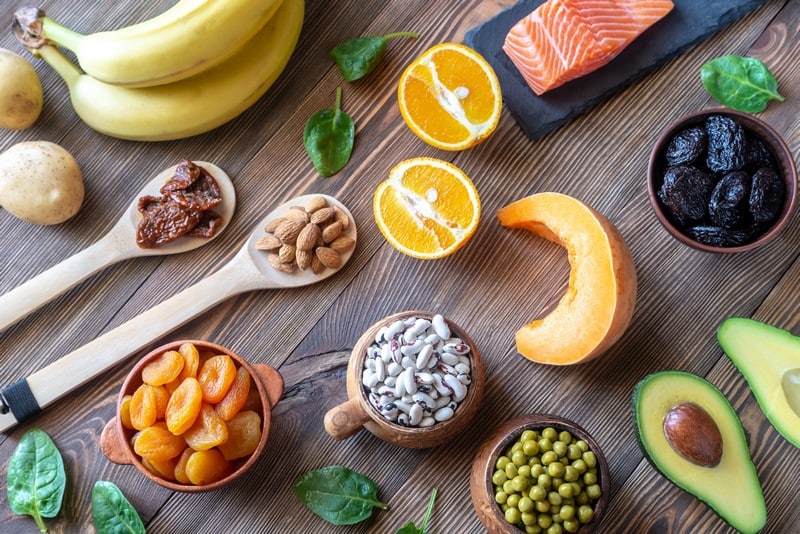Electrolyte-Rich Foods

Electrolytes are essential to the body’s overall health, as they help regulate pH levels, keep you hydrated, and perform other important functions. Some common electrolytes are calcium, chloride, magnesium, phosphorus, potassium, and sodium. These minerals all carry electrical charges when they dissolve. Moreover, they all have varying daily values, with some being more common than others in your diet. In mild cases, electrolyte imbalances may cause fatigue, diarrhea, and headaches.
Electrolyte imbalances are also one of the rhabdomyolysis’ most prominent features. For this reason, replenishing lost electrolytes is a treatment option for the condition. This is especially true for those with disorders like hypocalcemia and hypoalbuminemia. However, while most associate electrolytes with energy drinks, they’re often high in colored dyes and sugar, which can be detrimental to your health. Therefore, adding electrolyte-rich foods to your dietary regimen makes sense.
An example of an excellent source of magnesium and calcium is spinach. For adults, cooking a cup of these vegetables will provide daily intake values of seventy-three percent magnesium and twenty-four percent calcium. In addition, they also have a high content of vitamins K, and A. Legumes also have high electrolyte content, making them healthy additions to consider.










